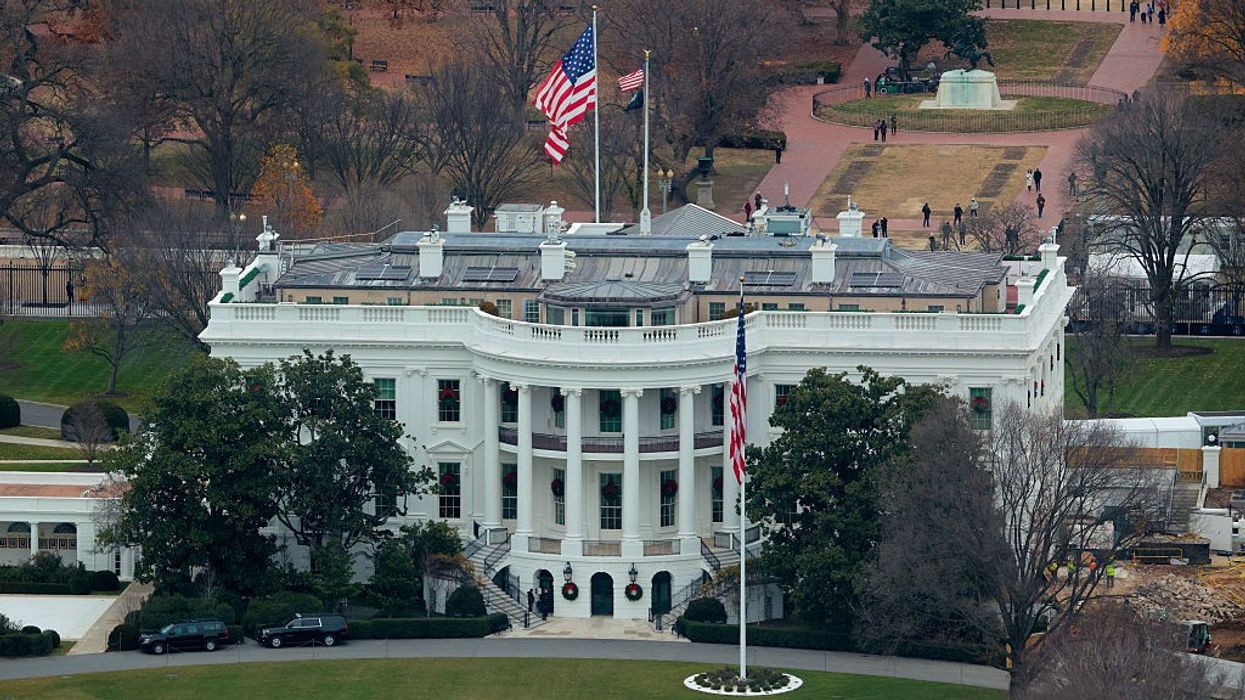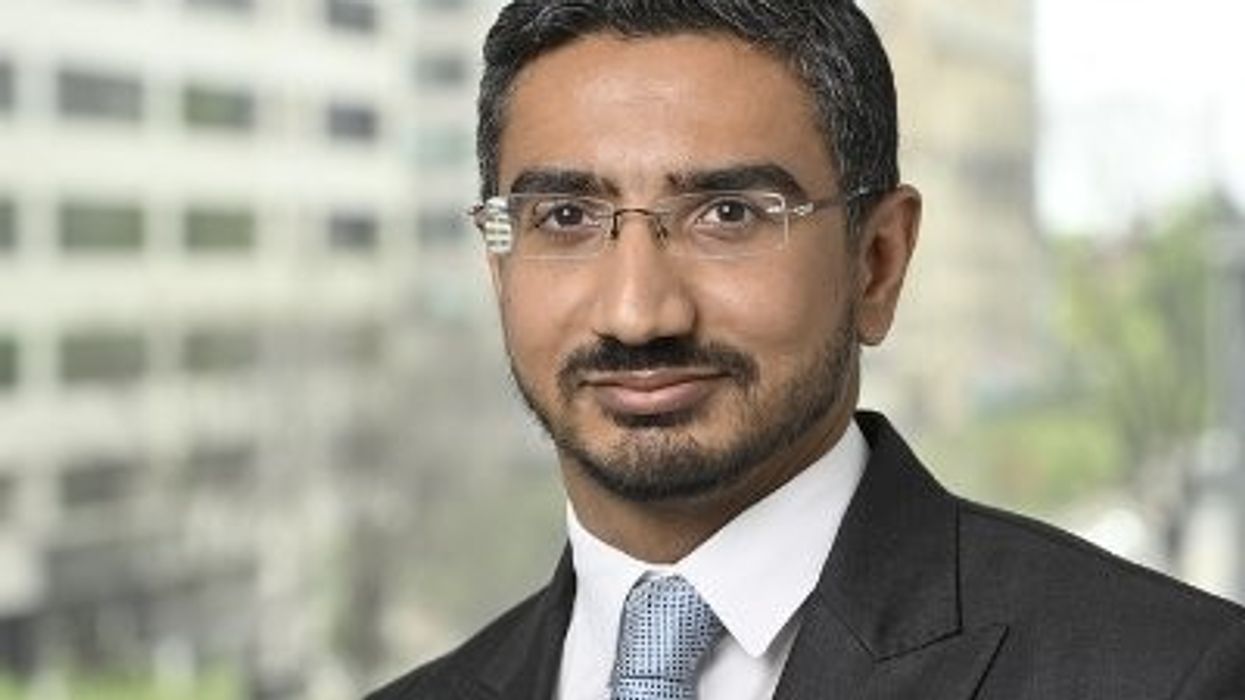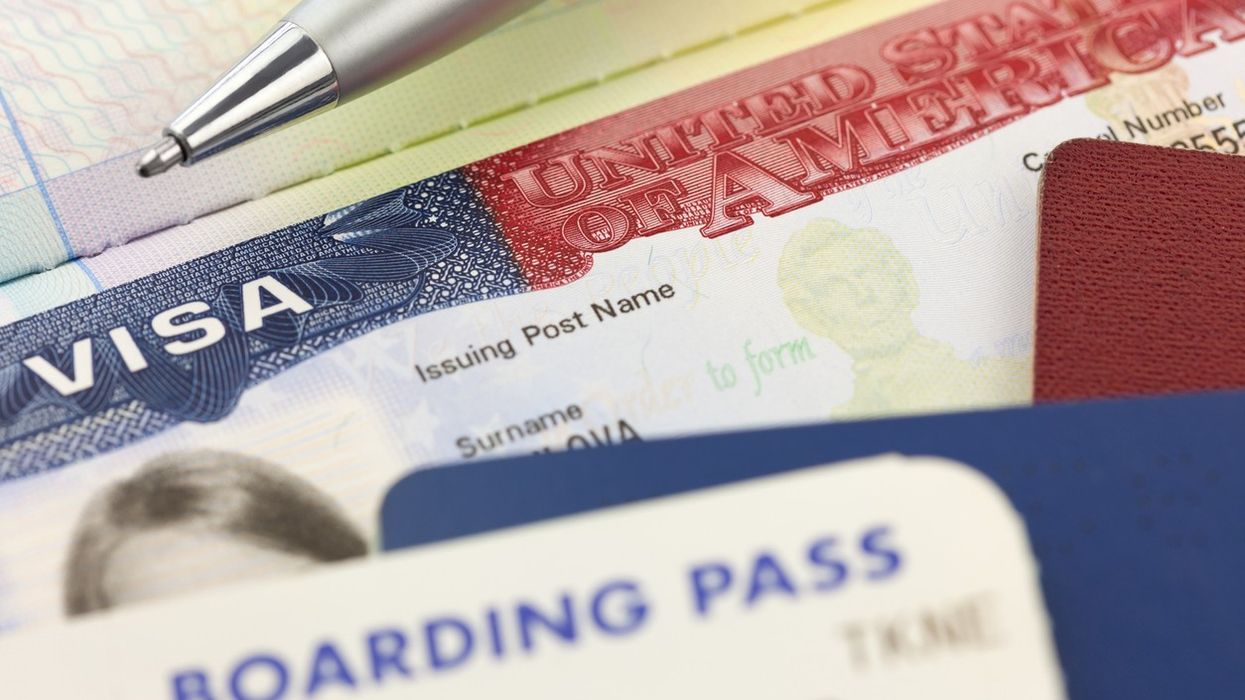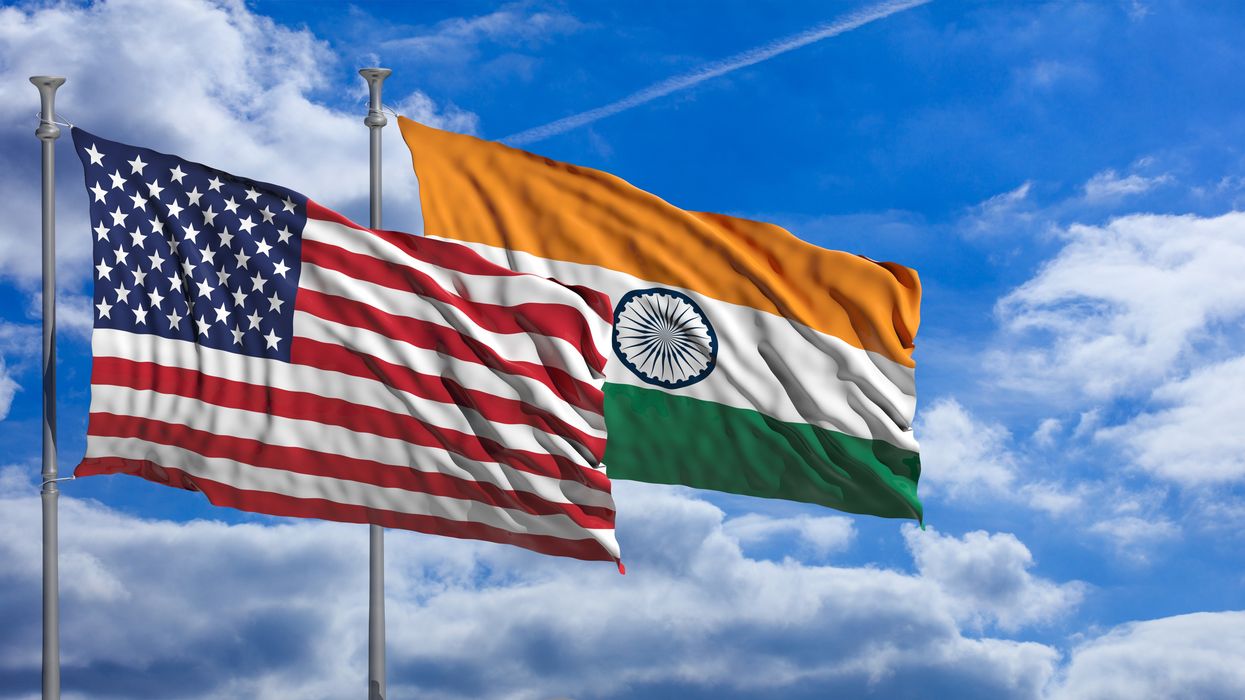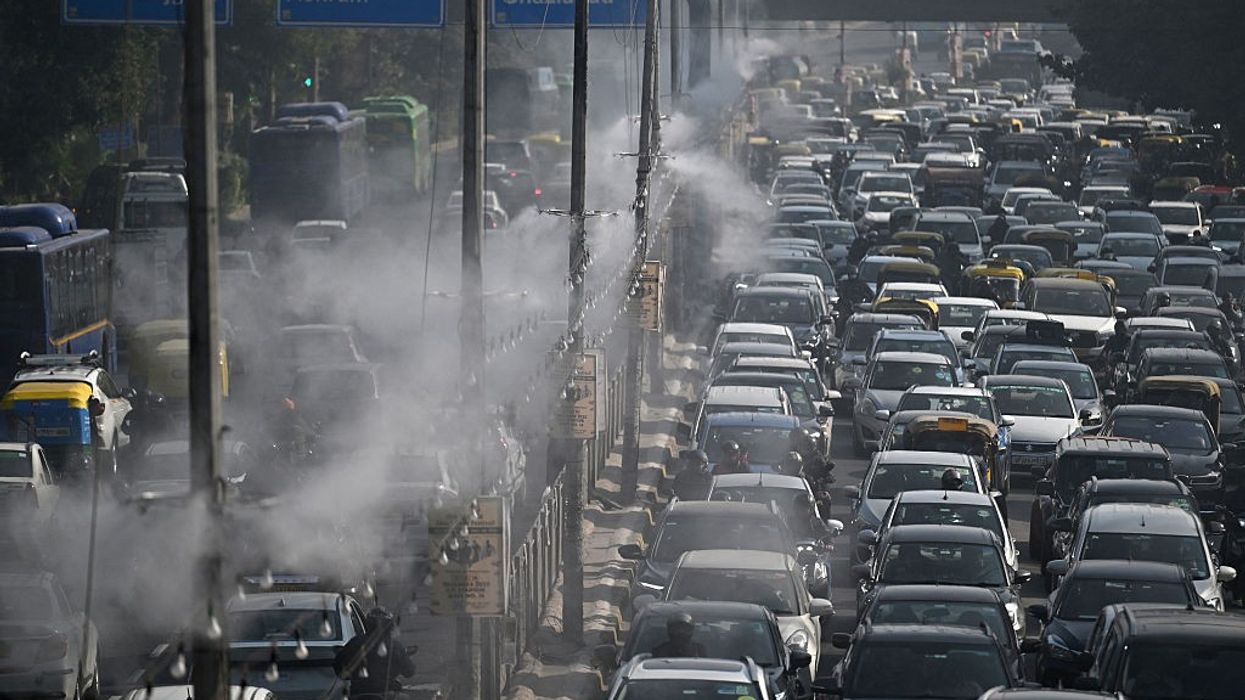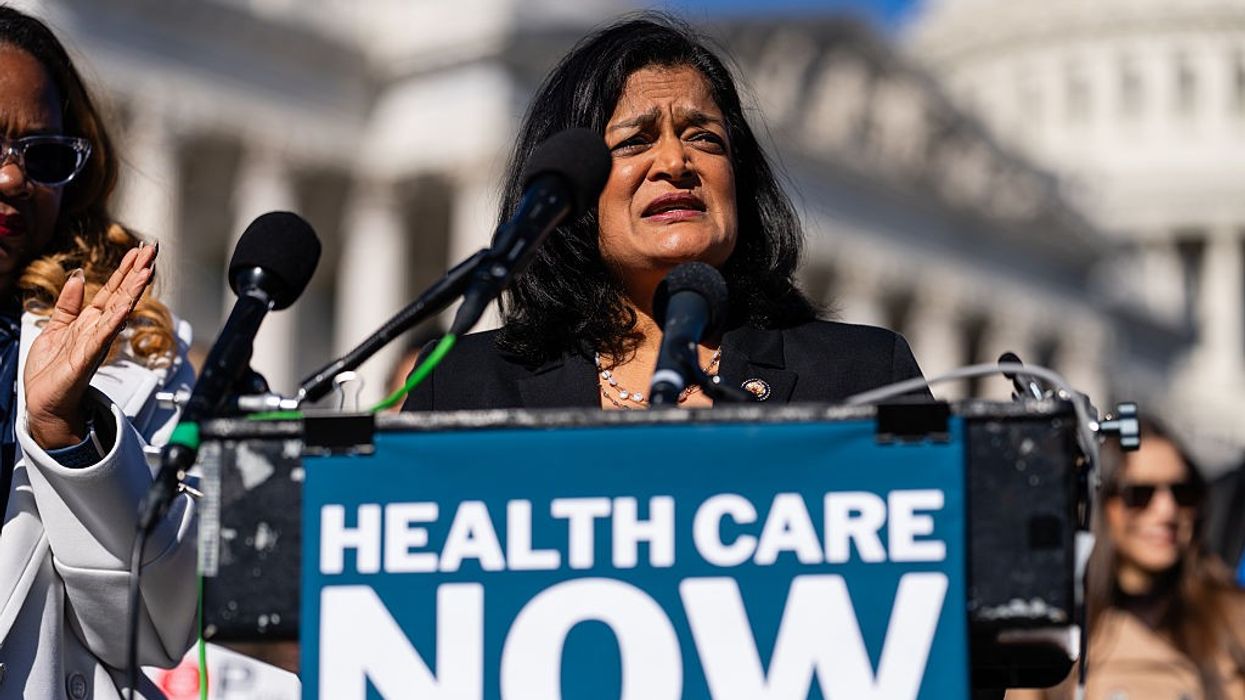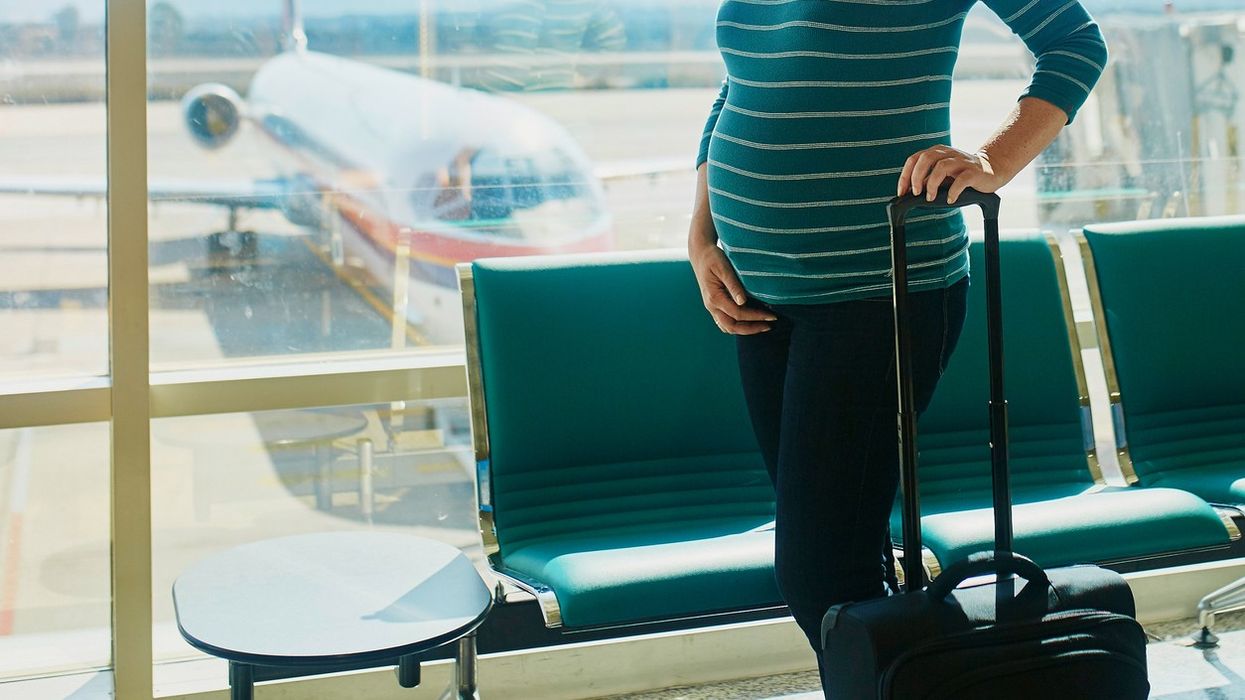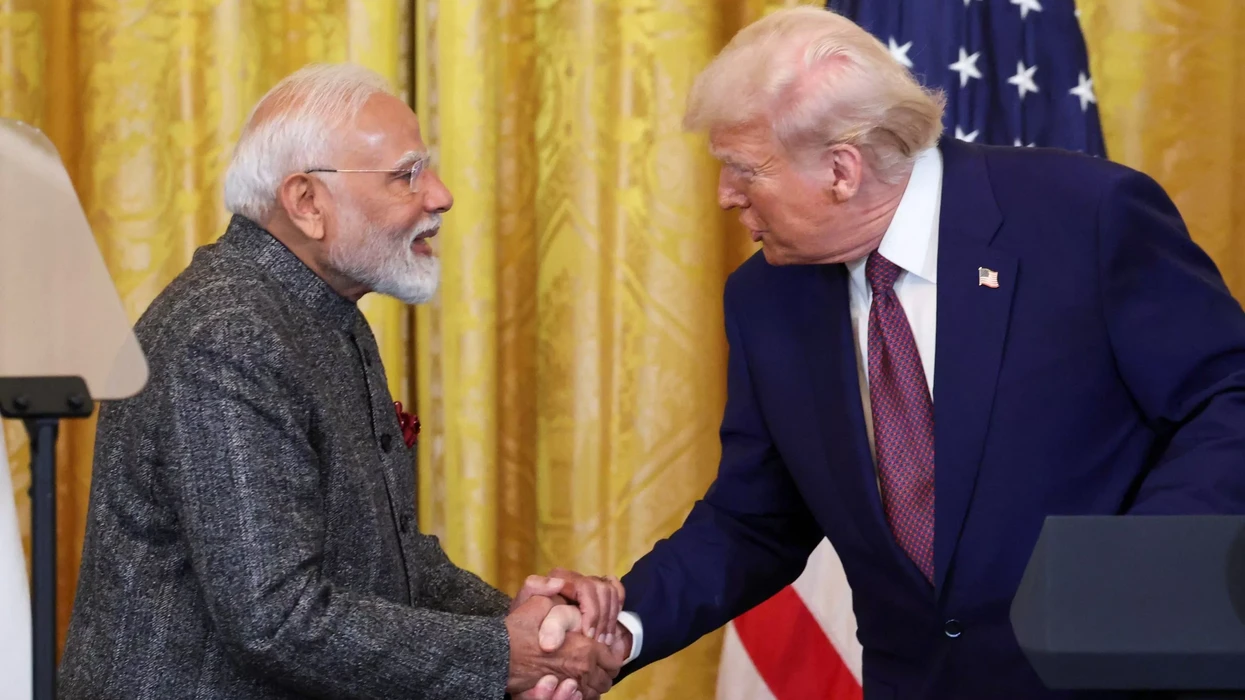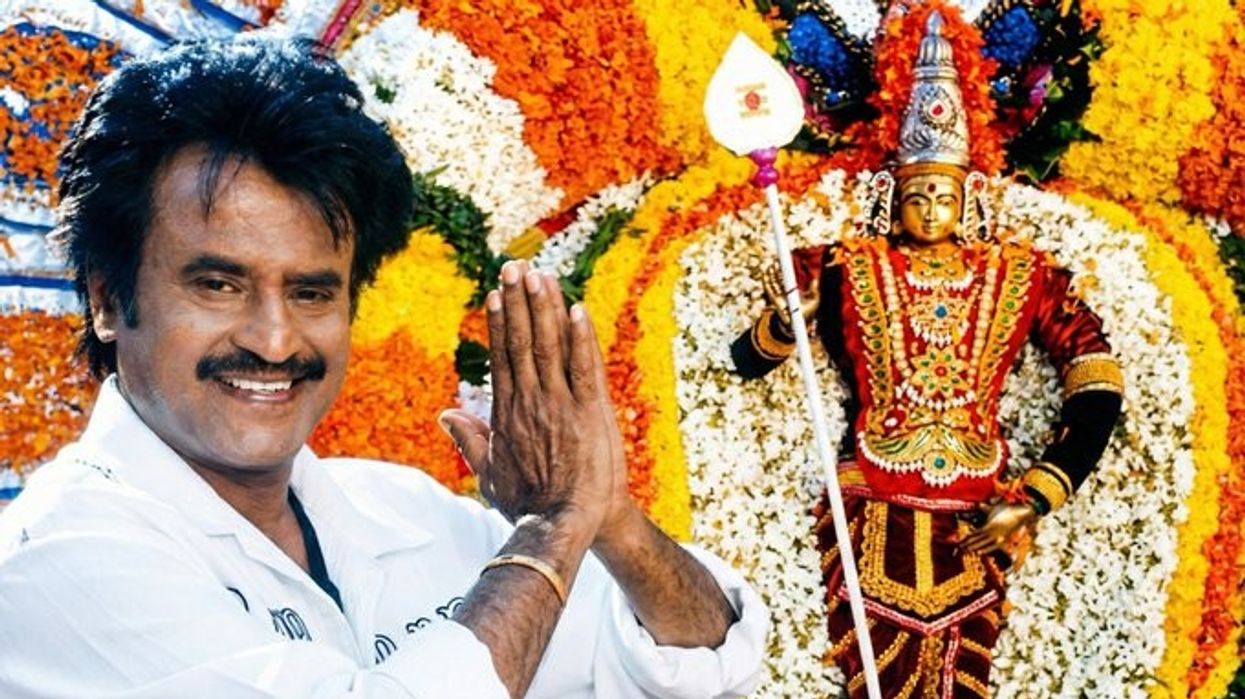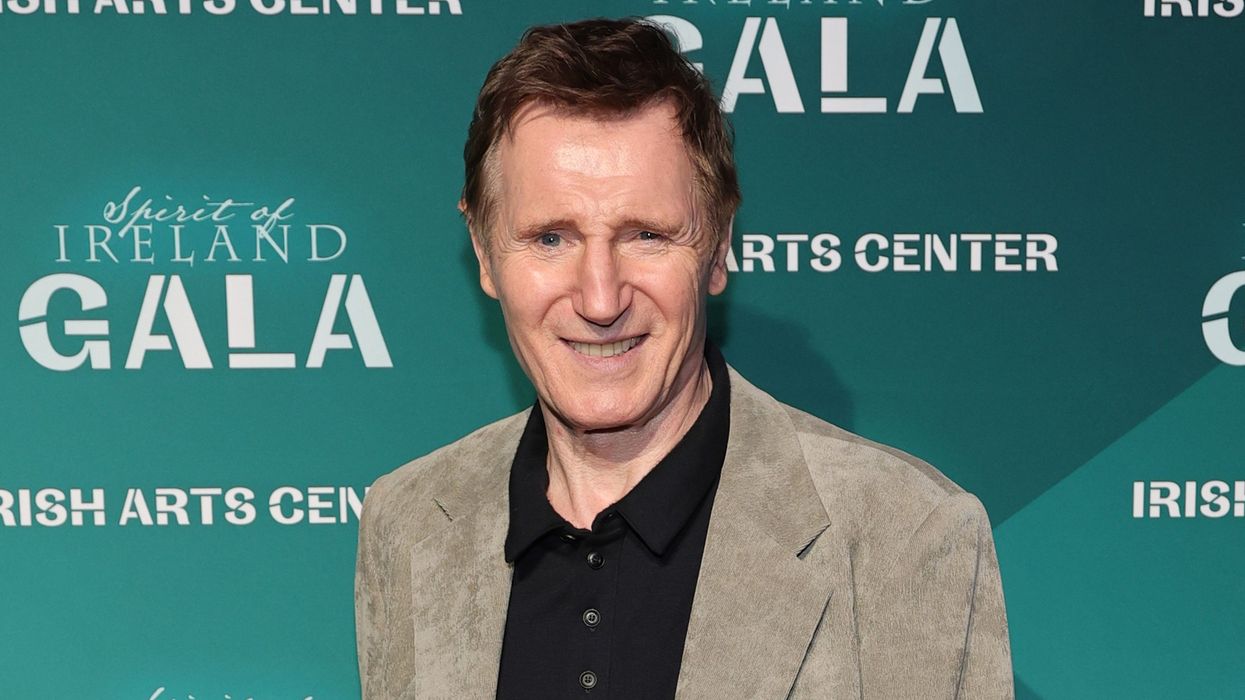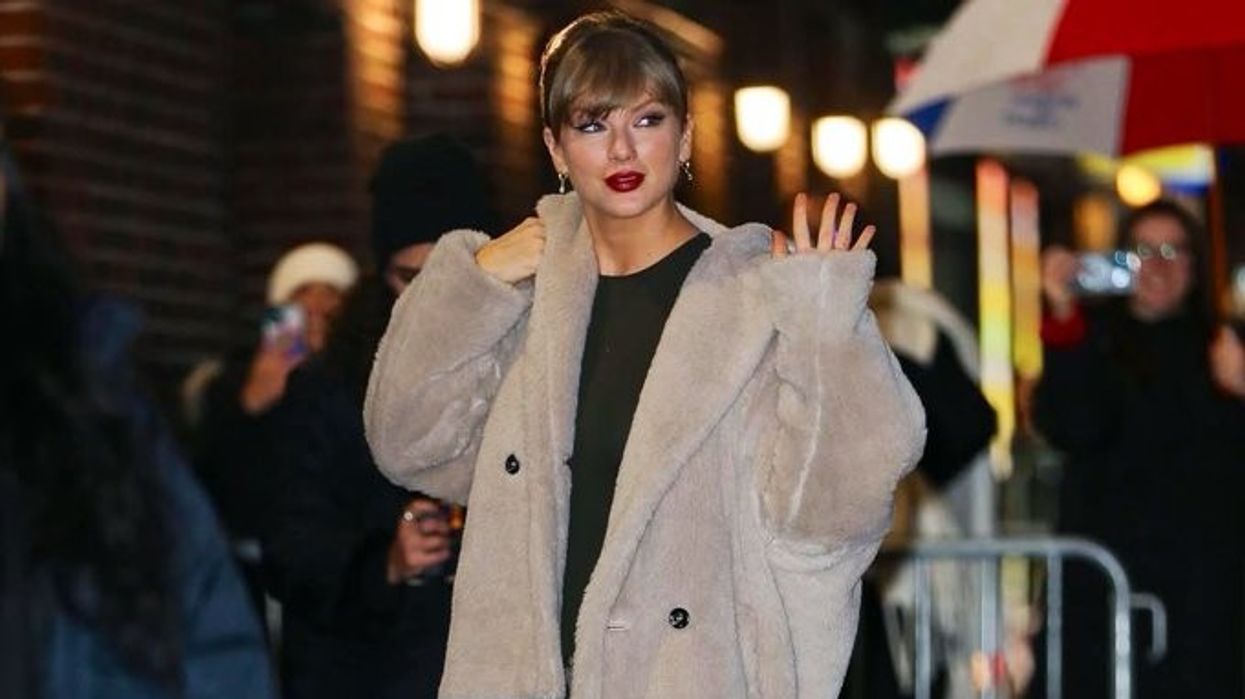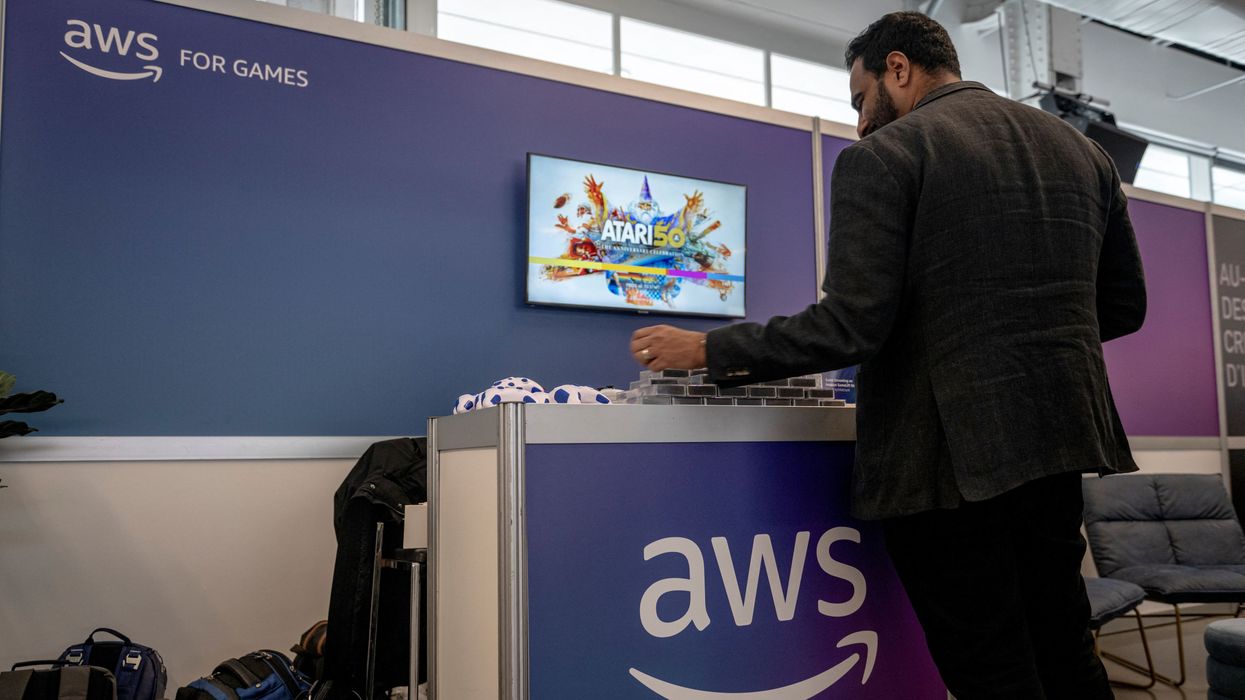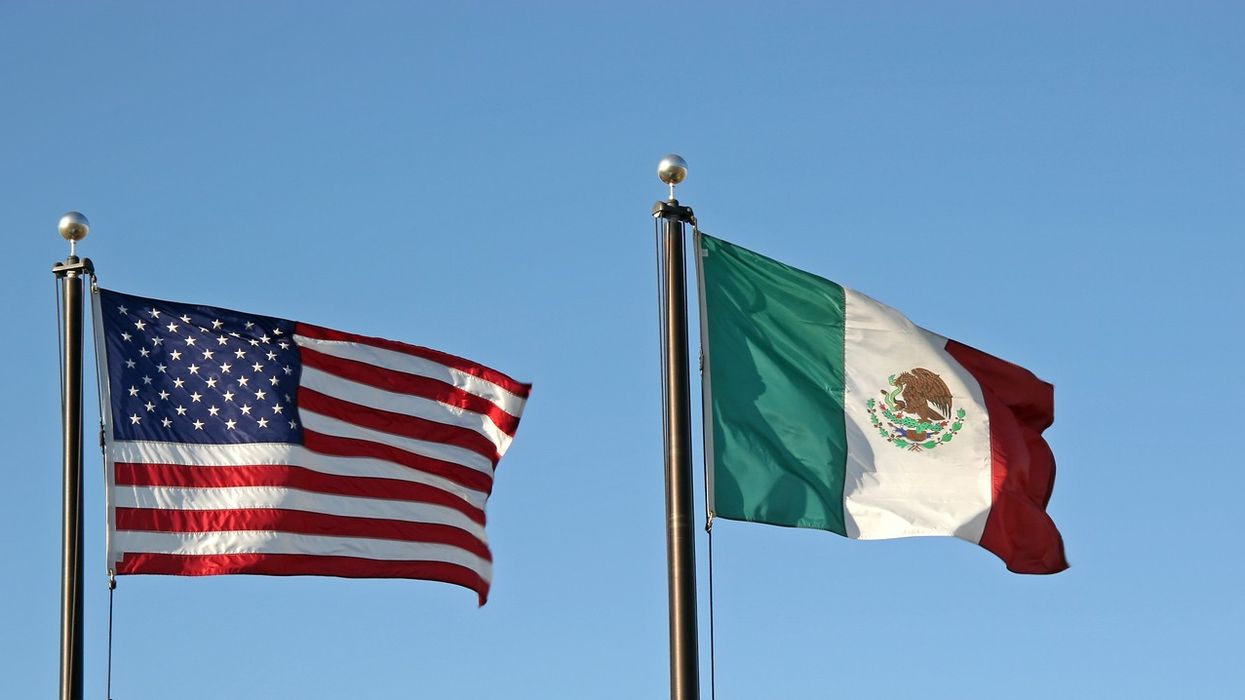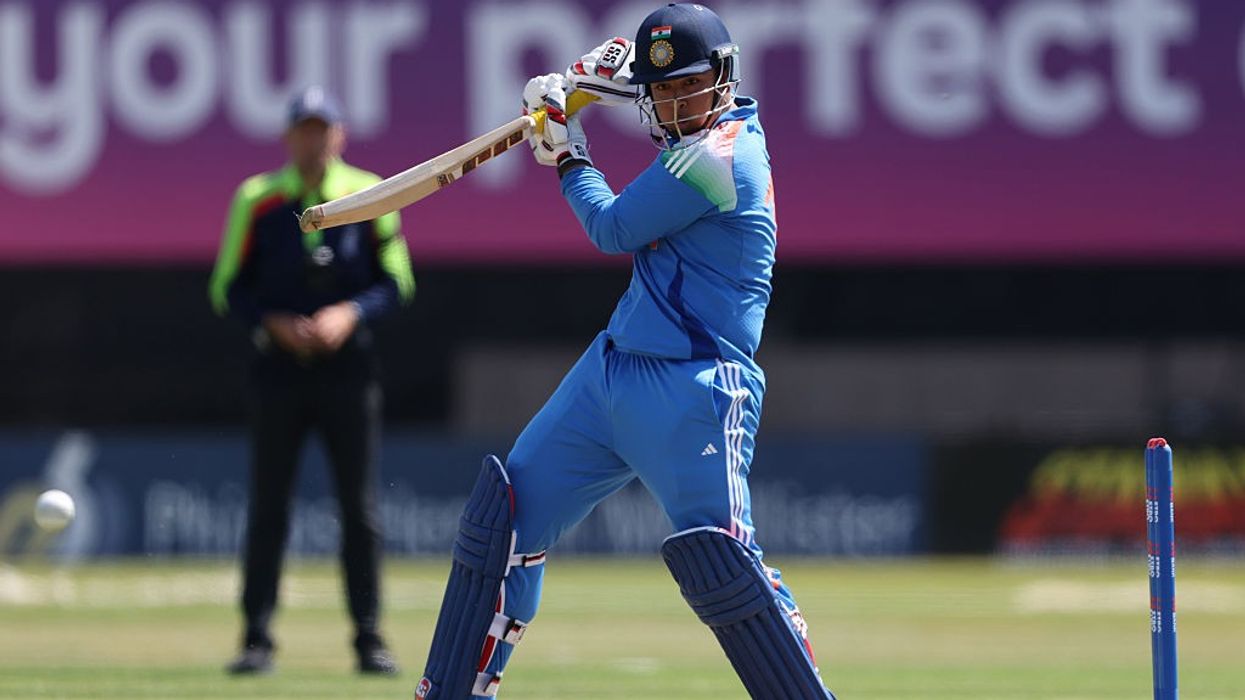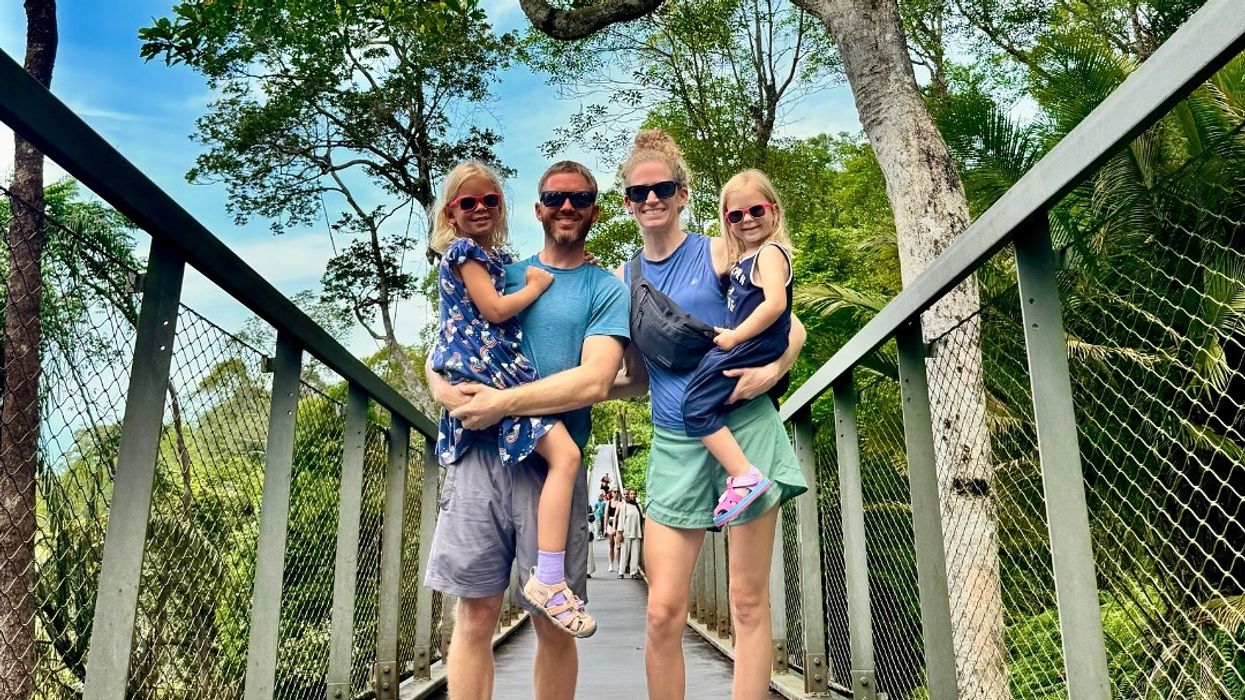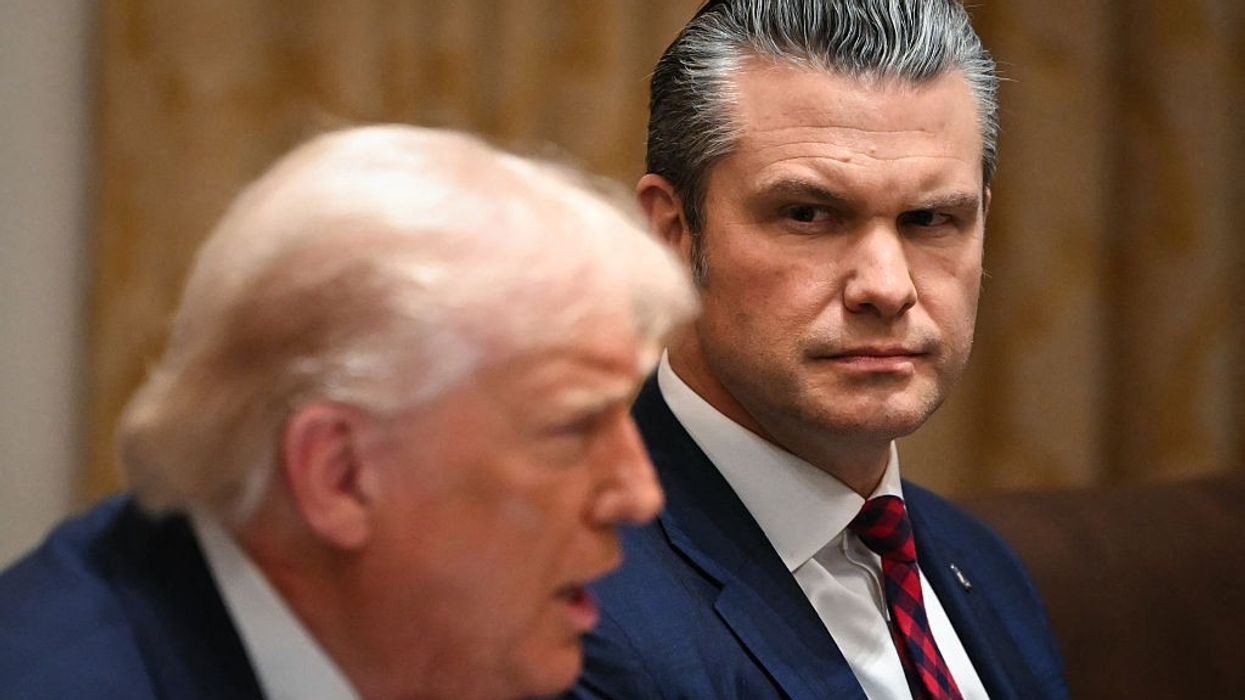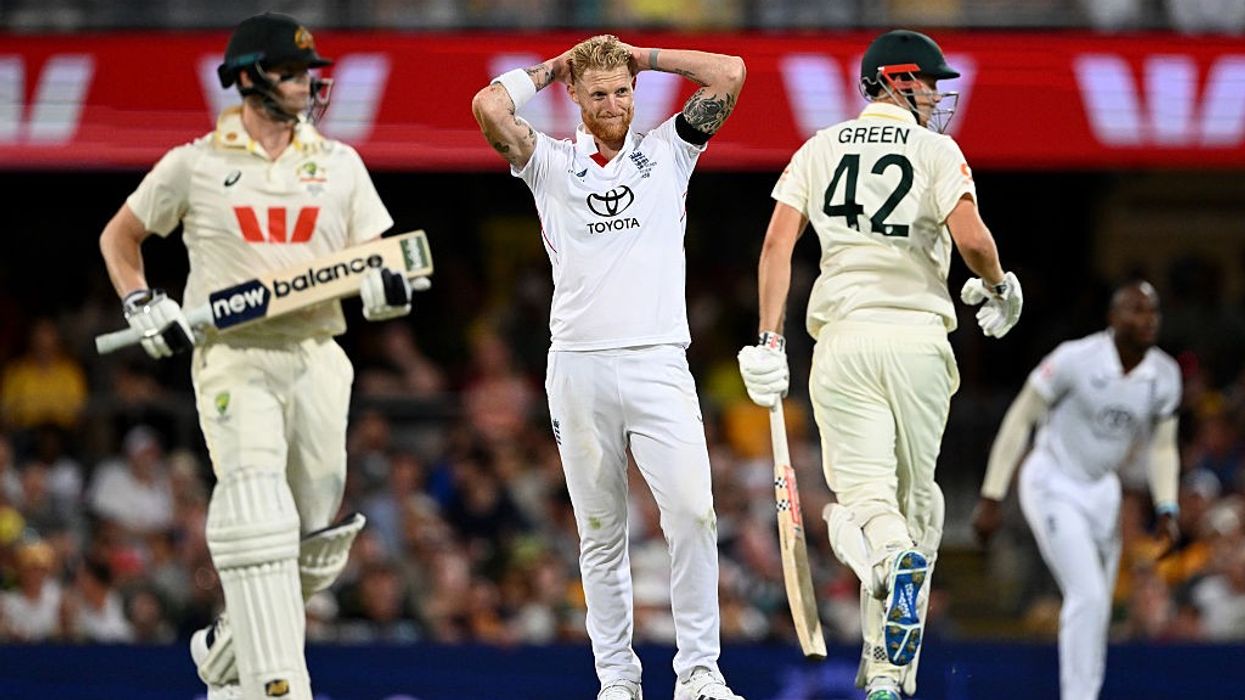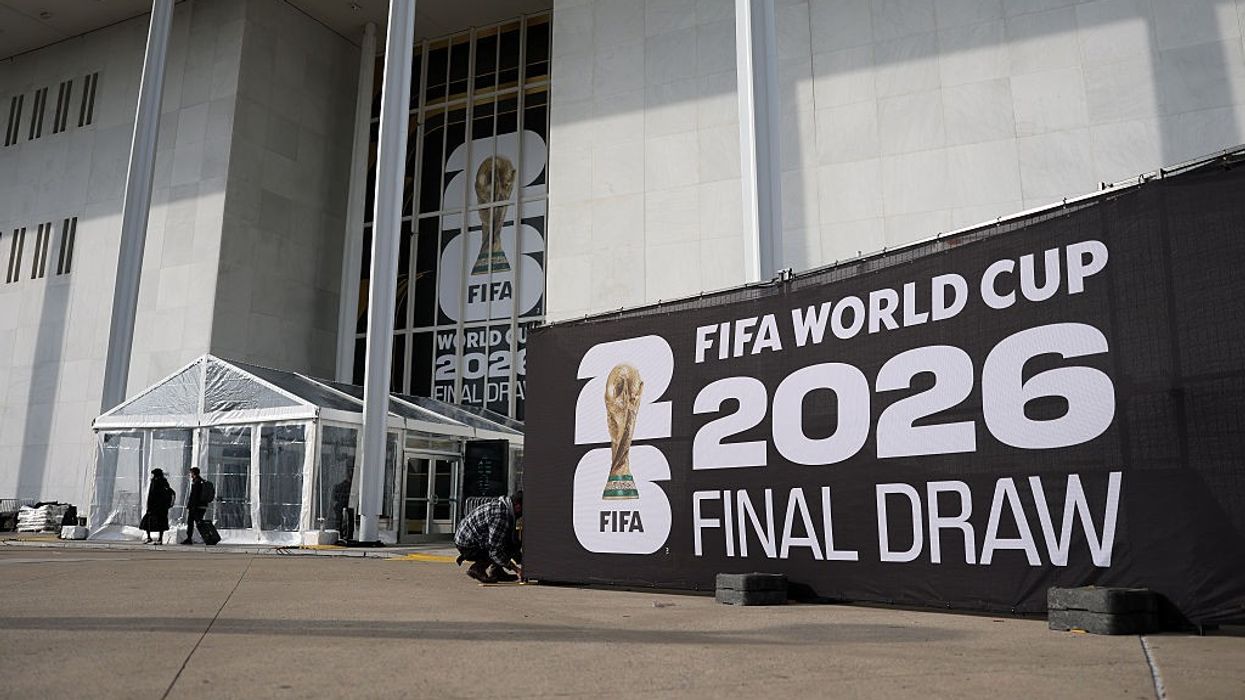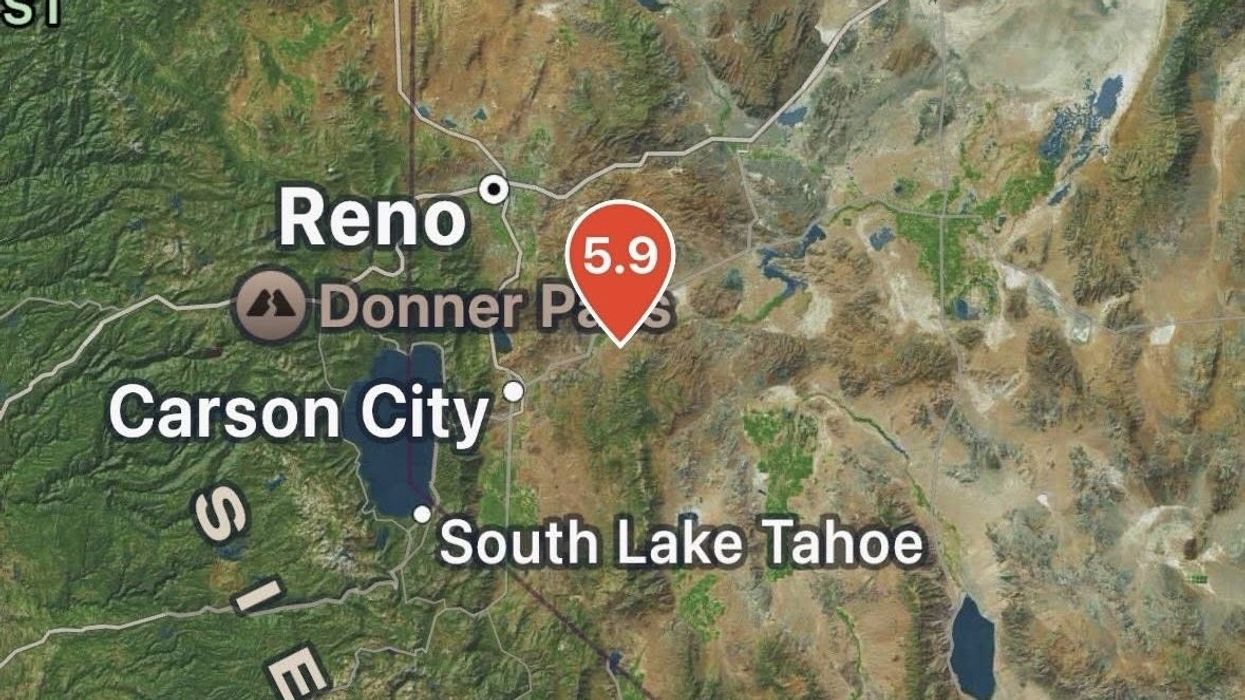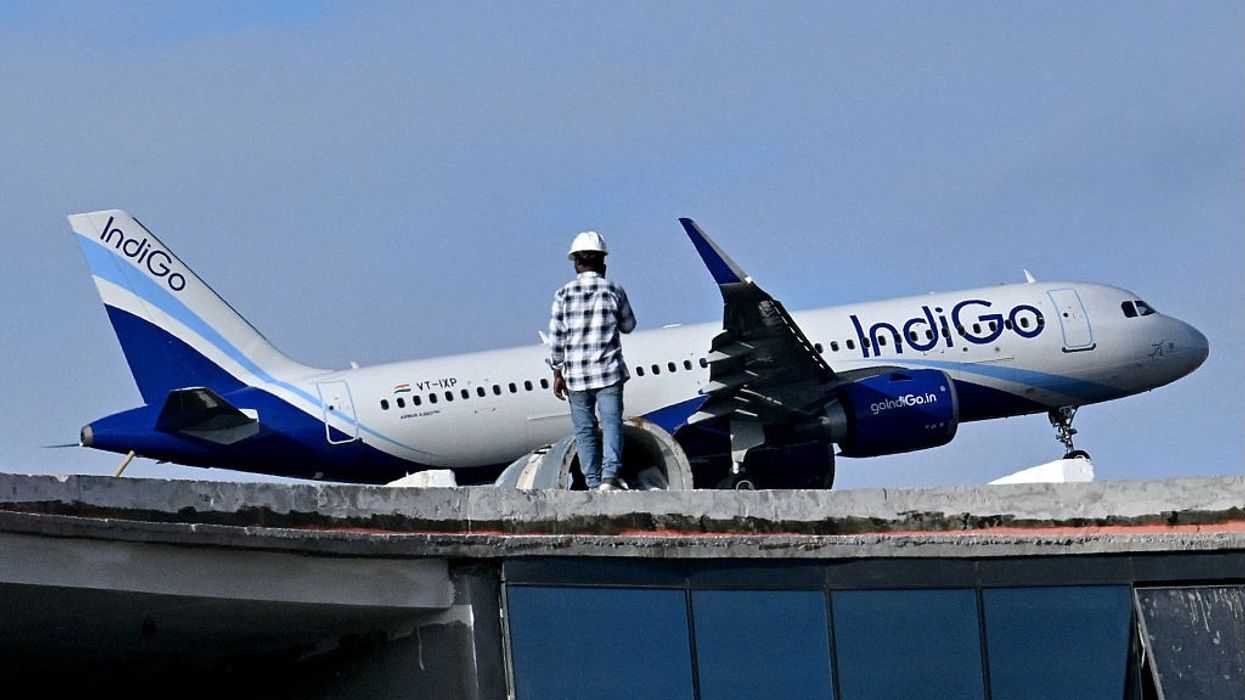Search
AI Powered
Human content search.
Latest Stories
Start your day right!
Get latest updates and insights delivered to your inbox.
Indiaweekly
×
Terms and Conditions
By clicking the 'Subscribe’, you agree to receive our newsletter, marketing communications and industry
partners/sponsors sharing promotional product information via email and print communication from Asian Media
Group USA Inc. and subsidiaries. You have the right to withdraw your consent at any time by clicking the
unsubscribe link in our emails. We will use your email address to personalize our communications and send you
relevant offers. Your data will be stored up to 30 days after unsubscribing.
Contact us at
data@amg.biz
to see how we manage and store your data.
×
Terms and Conditions
By clicking the 'Subscribe’, you agree to receive our newsletter, marketing communications and industry partners/sponsors sharing promotional product information via email and print communication from Asian Media Group USA Inc. and subsidiaries. You have the right to withdraw your consent at any time by clicking the unsubscribe link in our emails. We will use your email address to personalize our communications and send you relevant offers. Your data will be stored up to 30 days after unsubscribing.
Contact us at
data@amg.biz
to see how we manage and store your data.
Copyright © 2025 Garavi Gujarat Publications Ltd & Garavi Gujarat Publications

